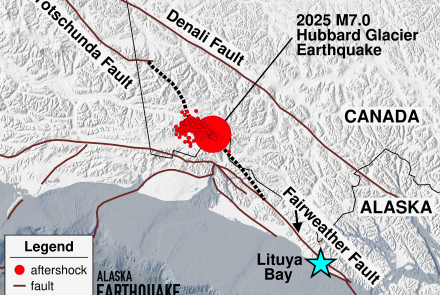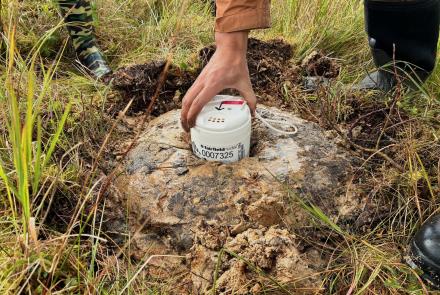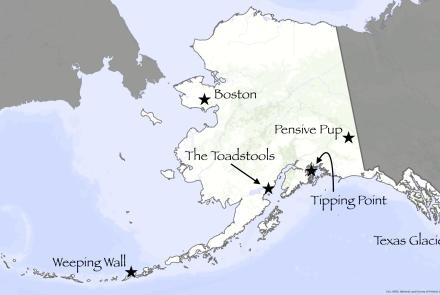Northern Self-sufficiency
Just in the last year or so, we all have become very conscious of the advantage of self-sufficiency in energy and other needs. It's comforting to know that the house will not freeze up if the power goes off because one has a backup wood-burning heating system, or that one has figured out a way to get back and forth to work even if there is no gasoline.
On a larger scale, we are learning how costly it is to import fuel for powering generators or sewage systems in northern villages and towns. Should there be a World-Wide catastrophe of some sort we easily see the advantages that northerners hold if they can have their own sources of food, fuel and other similar needs.
Beyond the obvious technical advantages of self-sufficiency there is a more subtle political advantage that self-sufficiency brings, a point which Amory B. Lovins brings out in his book Soft Energy Paths. In a sense, it is an obvious thought: the more self-sufficient is a family, a village or a state, the less need there is for help from outside and the less need there is for government assistance and control.
The more interdependent we are as peoples of a nation or of the world, the more government we need to hold ourselves together and to provide our needs. The larger the technical projects we build--power and food distribution systems, water supply and irrigation systems, railroads and highway systems--the more government is required to construct and maintain them.
So, according to this philosophy, if one wishes to minimize government it is best to encourage small technical projects and local self-sufficiency as much as possible. (Thanks to Doug Yates of Fairbanks for suggesting this topic).




